National Assembly delegate Nguyen Van Canh (Binh Dinh) caused controversy when he proposed allowing delegates to wear the five-panel ao dai for men during meetings. The ao dai is "not a crime" but the delegate's proposal in the context of a National Assembly meeting is worth discussing.
Proposed change to dress code
On the morning of May 31, when discussing socio -economic issues, delegate Nguyen Van Canh (Binh Dinh) proposed that the National Assembly consider including in the session resolution allowing delegates to wear the five-panel ao dai for men at meetings.
He always wanted to wear the five-panel ao dai during the opening session and sing the national anthem during the flag-raising ceremony, but the delegate handbook stipulates that men wear suits. Delegate Nguyen Van Canh also reported that when attending major conferences abroad, guests are required to wear traditional costumes or European-style suits.
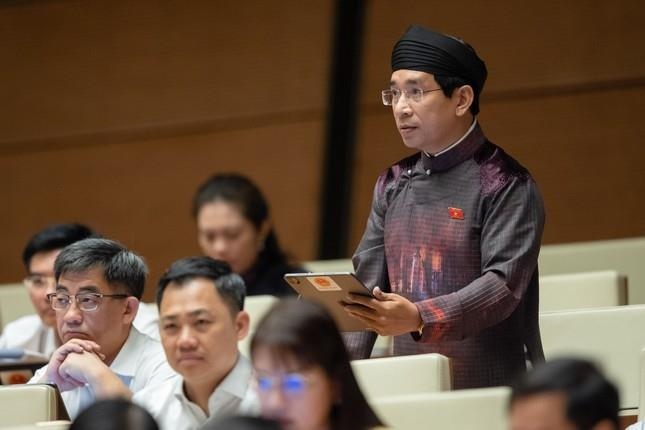
National Assembly delegate Nguyen Van Canh (Binh Dinh delegation) hopes to have a traditional costume for cultural activities and diplomatic events.
"Vietnam has not yet regulated traditional costumes in diplomacy, only wearing available suits, so it has not been able to convey its own identity to international friends, and is not as neat as guests and counterparts of many other delegations," he said.
Mr. Nguyen Van Canh affirmed that allowing men to wear the five-panel ao dai at conferences and events helps responsible agencies and people have a realistic view and have time to see more clearly about traditional values. Delegates aim to propose building a separate set of traditional costumes for Vietnamese people at major cultural conferences and state diplomatic events.
"This uniform still preserves traditional features, is suitable for daily life and work in modern society and is compatible with the attire of counterparts in diplomatic events and international cultural exchange activities," said a delegate from Binh Dinh.
Experts speak out
Mr. Nguyen Van Canh’s statement caused controversy. On social media forums, some opinions said that the ao dai was cumbersome and not suitable for the nature of the meeting. What made many people react strongly was the context of the statement.
“The National Assembly has many things to worry about and discuss, especially in the socio-economic field. There is a dress code: men in suits, women in ao dai. In modern times, I think that is appropriate. We should not bring up the issue of wearing ao dai at this time,” commented a social media account.
Many people argue that choosing clothes is a personal right, as long as it does not affect public morality, so Mr. Canh's suggestion is "unnecessary".
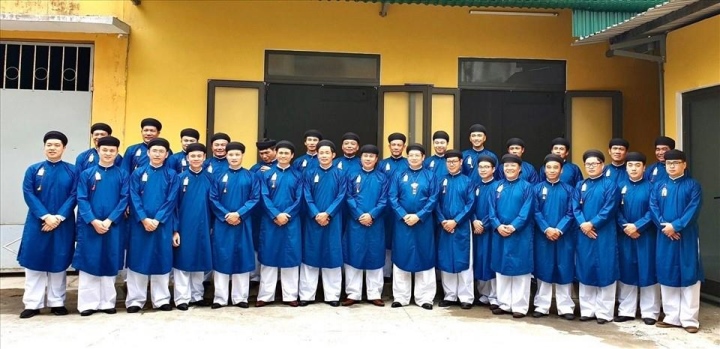
Male officials and civil servants in Hue wear ao dai to work.
Talking to Tien Phong reporter about this proposal, Mr. Nguyen Duc Binh - Head of the Center for Supporting the Development of Traditional Ao Dai with Five Panels said that the regulations on costumes at National Assembly sessions should not be limited.
“The five-panel dress has been worn for many generations, in important ceremonies. It is a pity that we mentioned this issue quite late. Nowadays, young people have a need to find traditional values. When delegates wear the five-panel dress at important events, young people are very excited and supportive,” said Mr. Nguyen Duc Binh.
According to Mr. Binh, the regulation that only women wear ao dai causes gender inequality. Meanwhile, men wearing ao dai and ao ngu than also shows national pride and promotes traditional beauty. Besides the criteria of formality and politeness, cultural identity also needs to be expressed.
“When delegates wear traditional costumes, voters also feel proud. Men wearing ao dai and ao ngu than should be considered a good habit, a normal thing in life,” Mr. Binh shared.
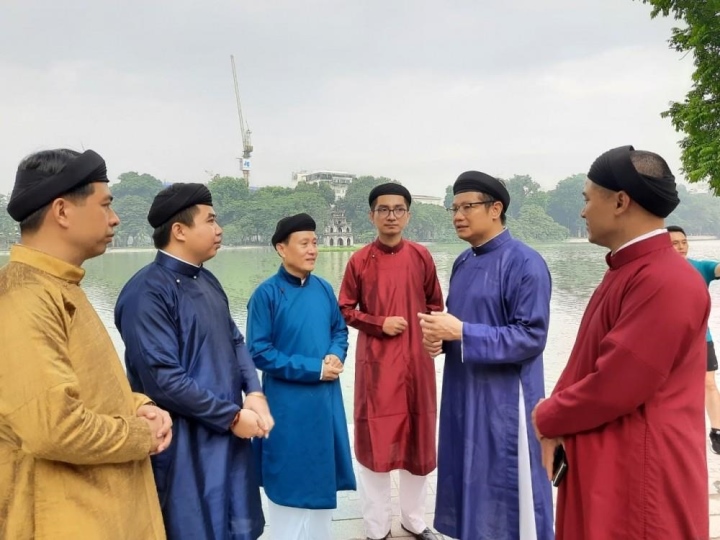
In 2013, Professor Tran Ngoc Them proposed using suits, men's ao dai and women's ao dai as state costumes.
Cultural researcher Dinh Hong Cuong affirmed that National Assembly delegate Nguyen Dinh Canh's proposal regarding traditional costumes is a good sign for those who love traditional costumes.
"Those who say the costume is too long or difficult to move in have never touched or tried on the ao ngu than. In 1946, many state leaders still wore traditional costumes. Mr. Huynh Thuc Khang still wore the ao ngu than," said Mr. Dinh Hong Cuong.
He also emphasized that this is the traditional costume of the Vietnamese people, and each person needs to be responsible for preserving, conserving, promoting and promoting this cultural feature.
“Traditional costumes are very important to a country and a nation because they are one of the signs that distinguish ethnic groups from each other. Costumes are one of the elements of culture,” said Mr. Dinh Hong Cuong.
Many scientists and cultural researchers have proposed the creation of a traditional Vietnamese costume. In 2013, Professor Tran Ngoc Them proposed using suits, men's and women's ao dai as state costumes.
Ms. Ton Nu Thi Ninh (former Vice Chairwoman of the Foreign Affairs Committee) also expressed the view that there can be more than one diplomatic dress, and should not be rigid because it depends on the nature of the work. However, up to now, Vietnam has not yet reached a consensus on the national dress regulations, although the Ministry of Culture, Sports and Tourism has repeatedly sought opinions and even organized a national dress design contest.
(Source: tienphong.vn)
Useful
Emotion
Creative
Unique
Source




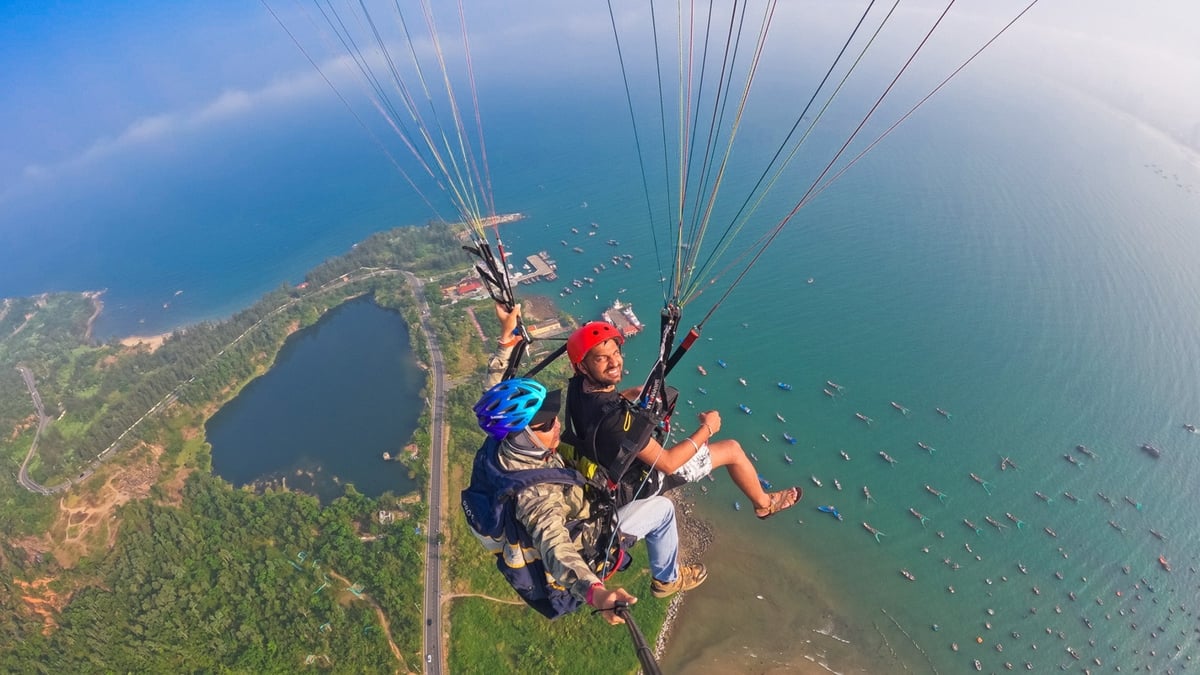



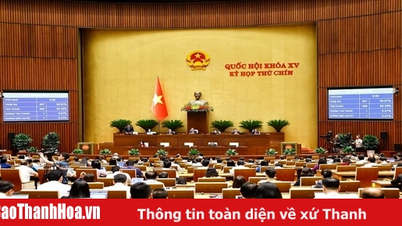

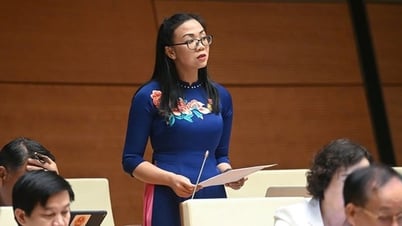


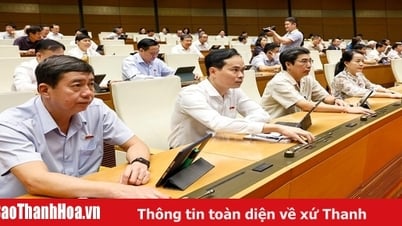
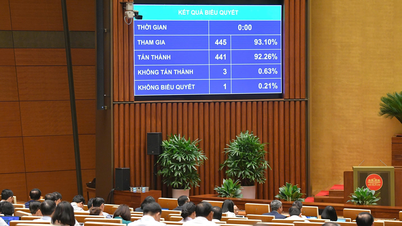

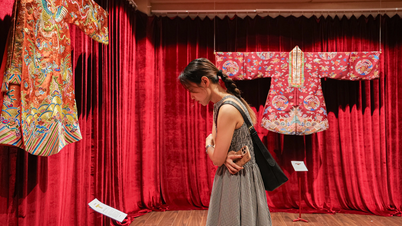

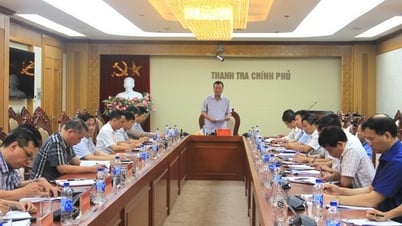

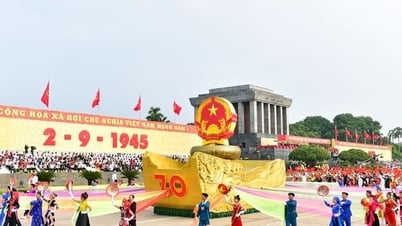


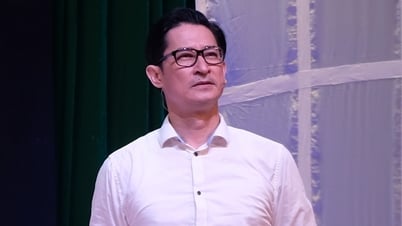

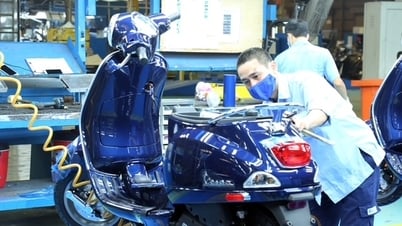

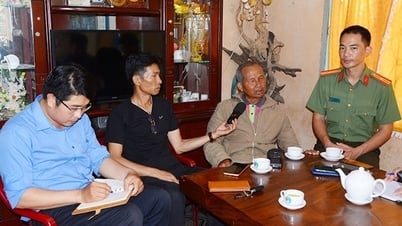




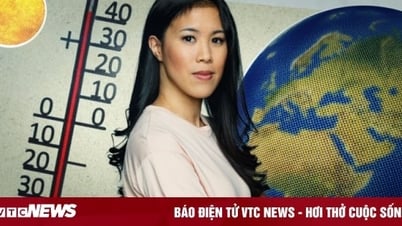
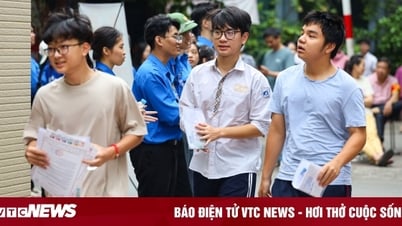



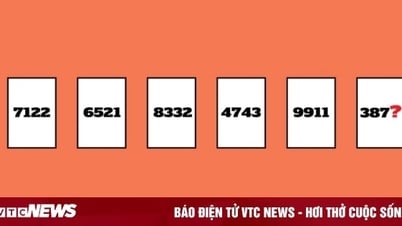
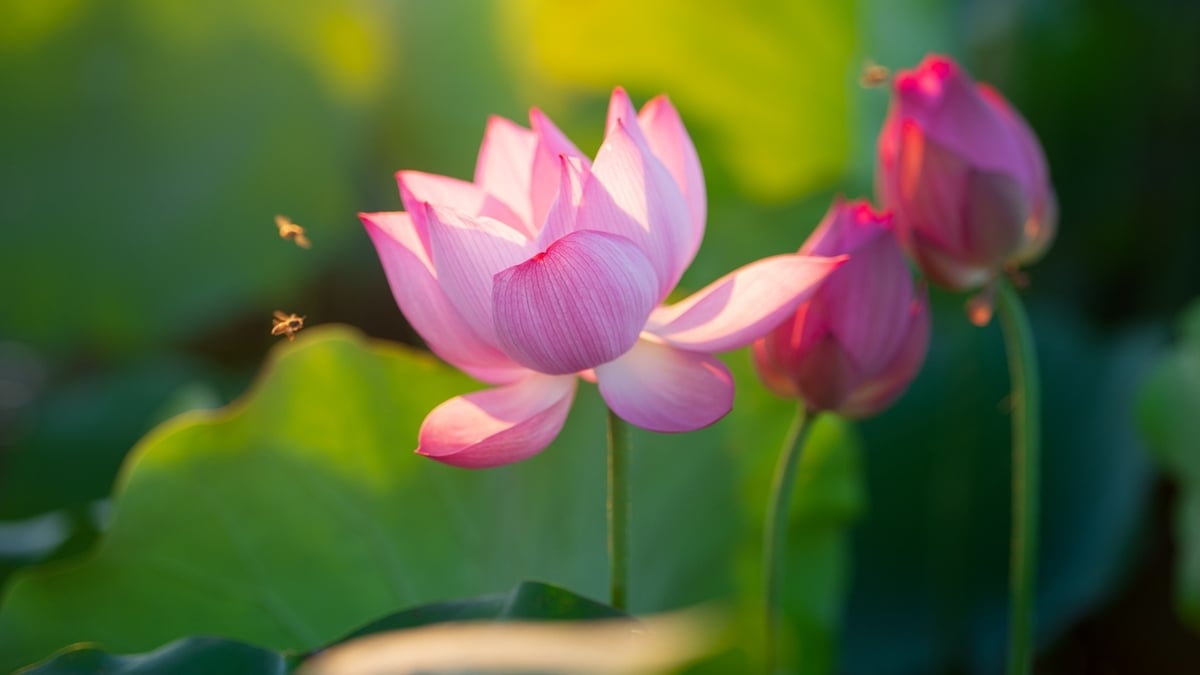




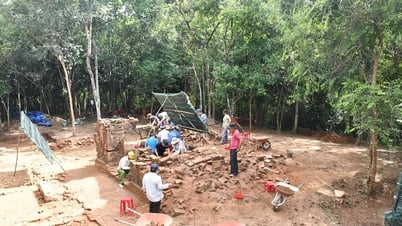
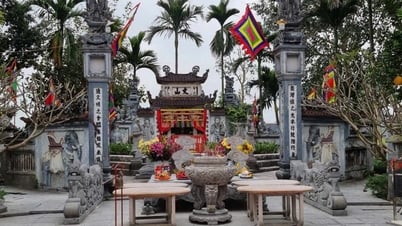

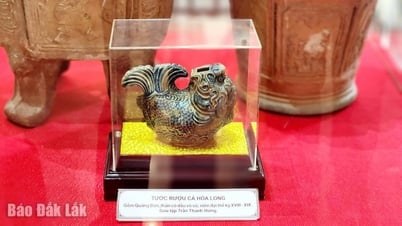

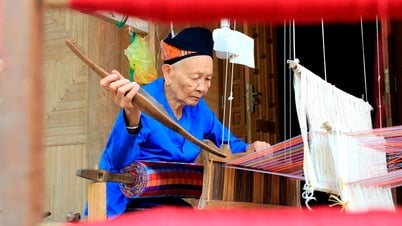





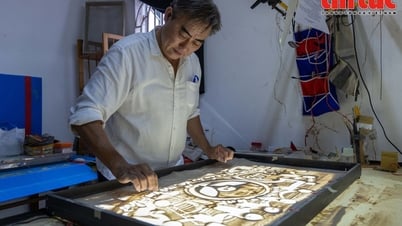

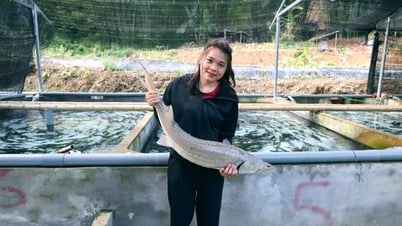

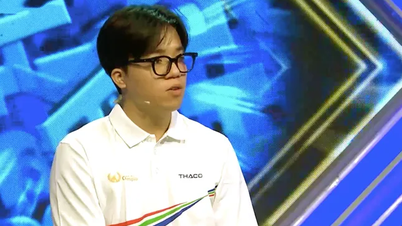

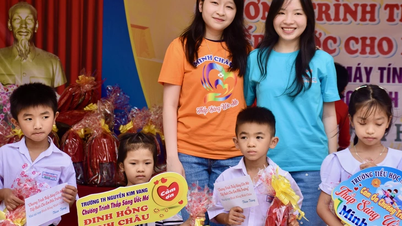











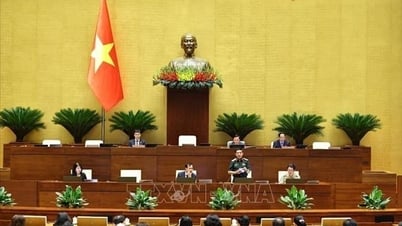



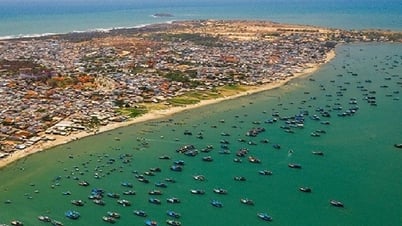
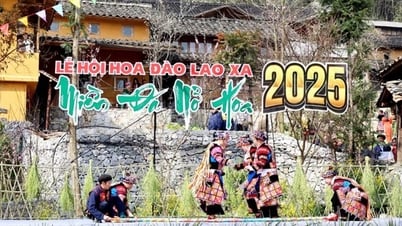
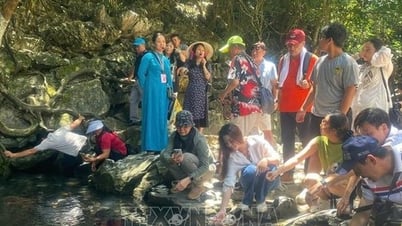
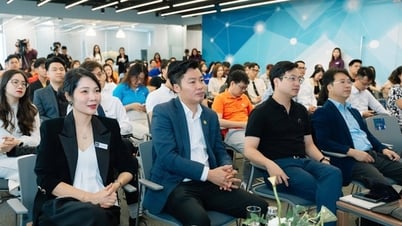

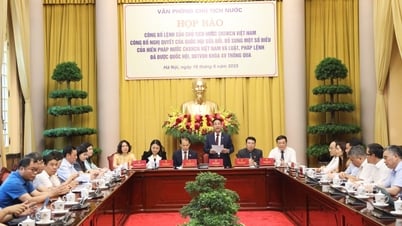

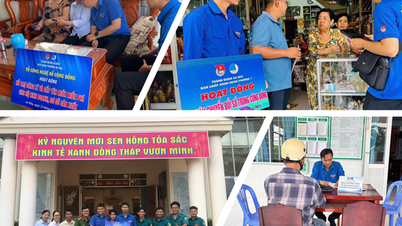


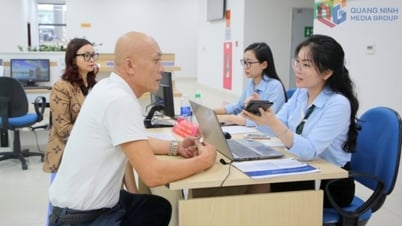

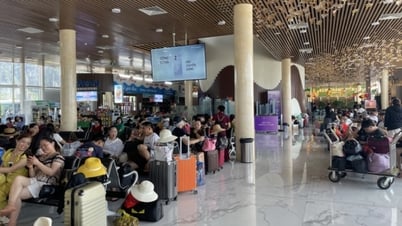
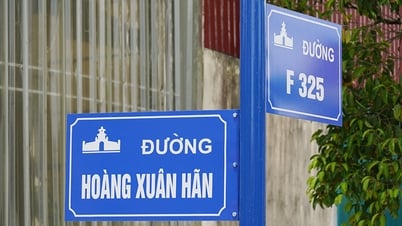

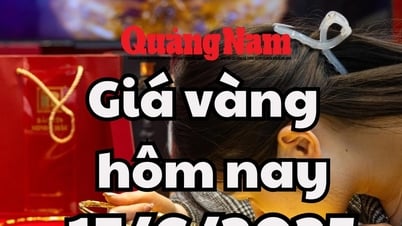

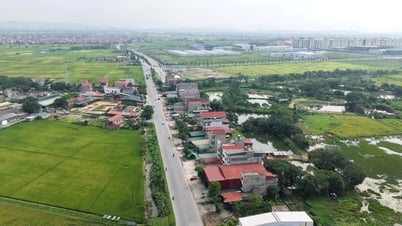


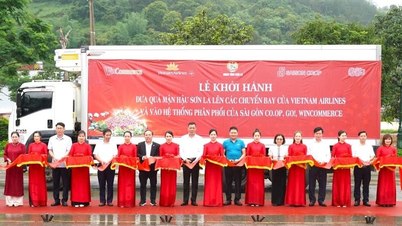

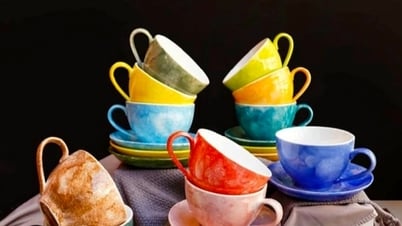






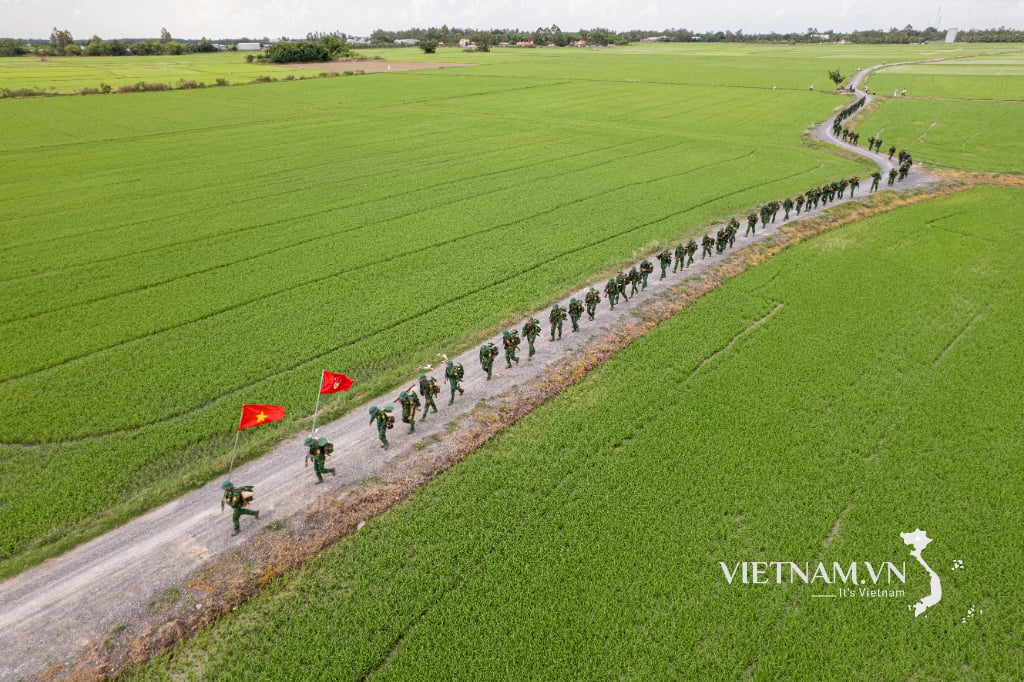

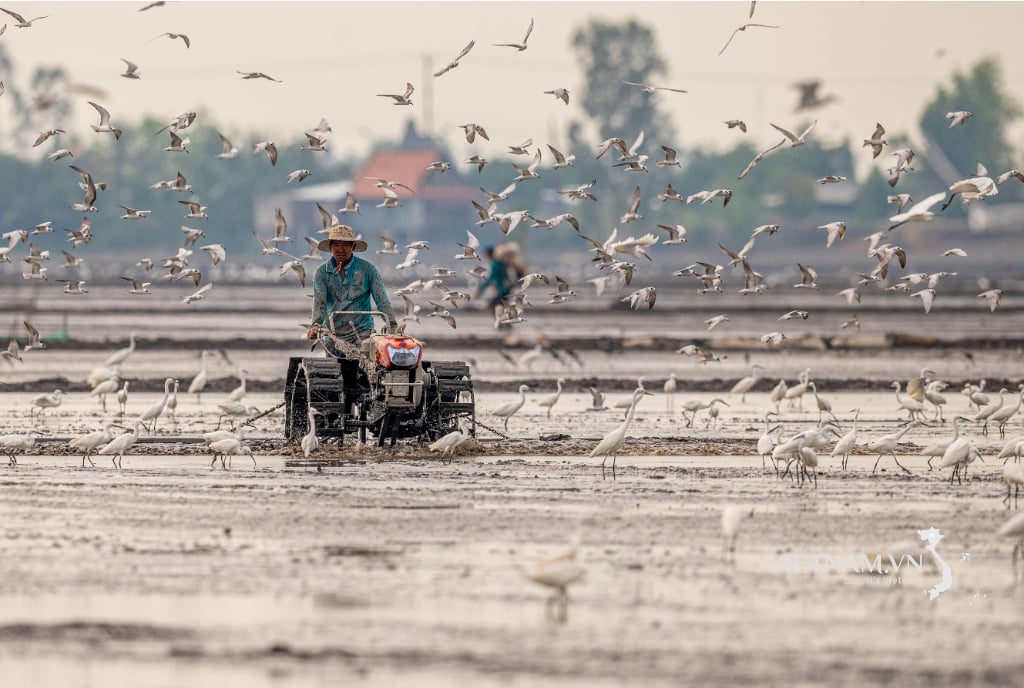
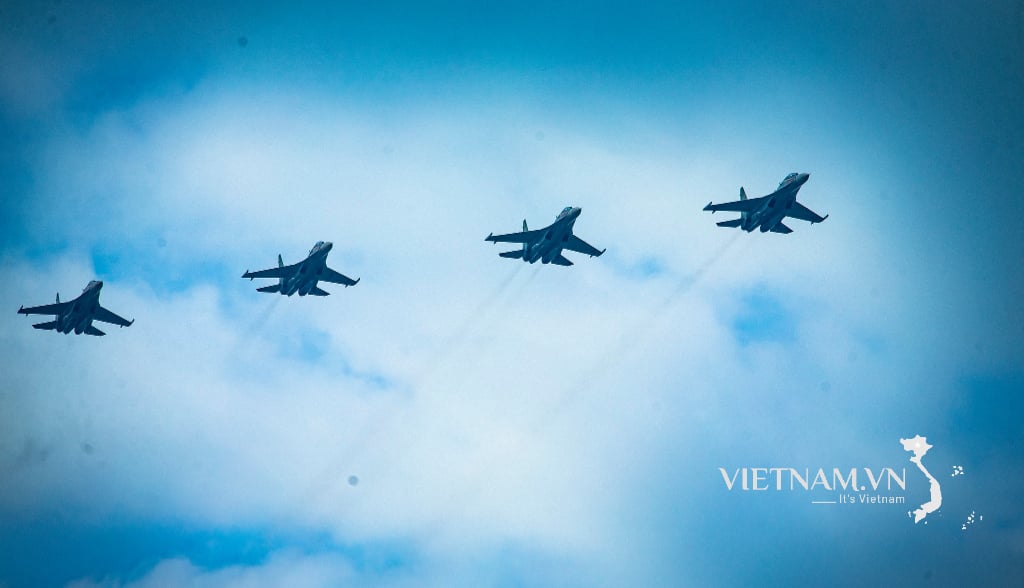
Comment (0)